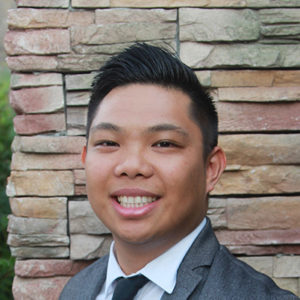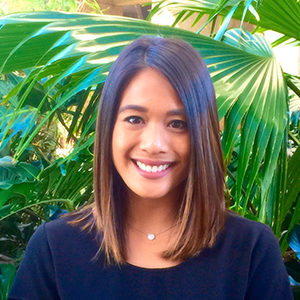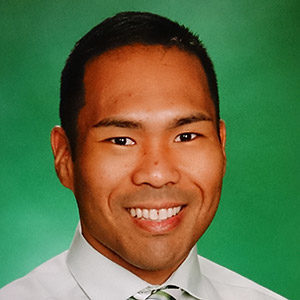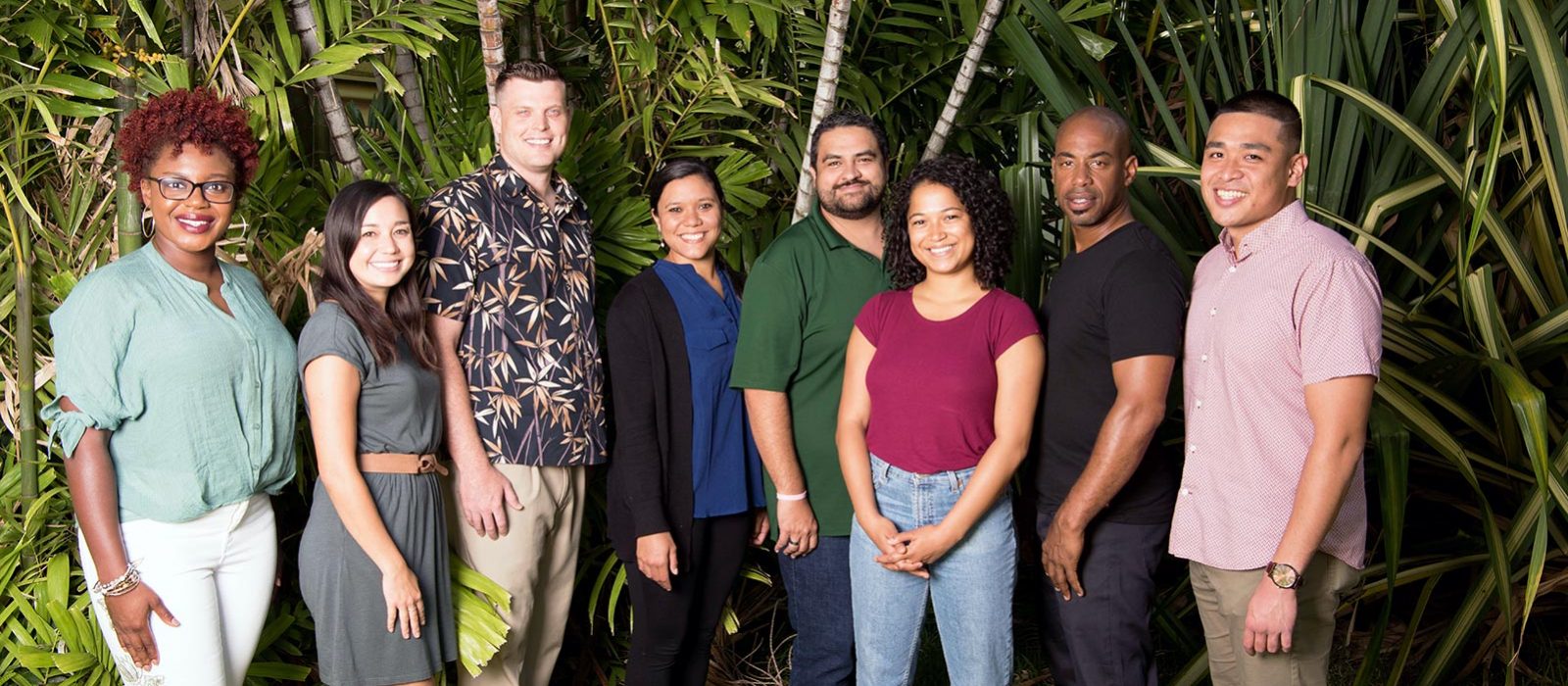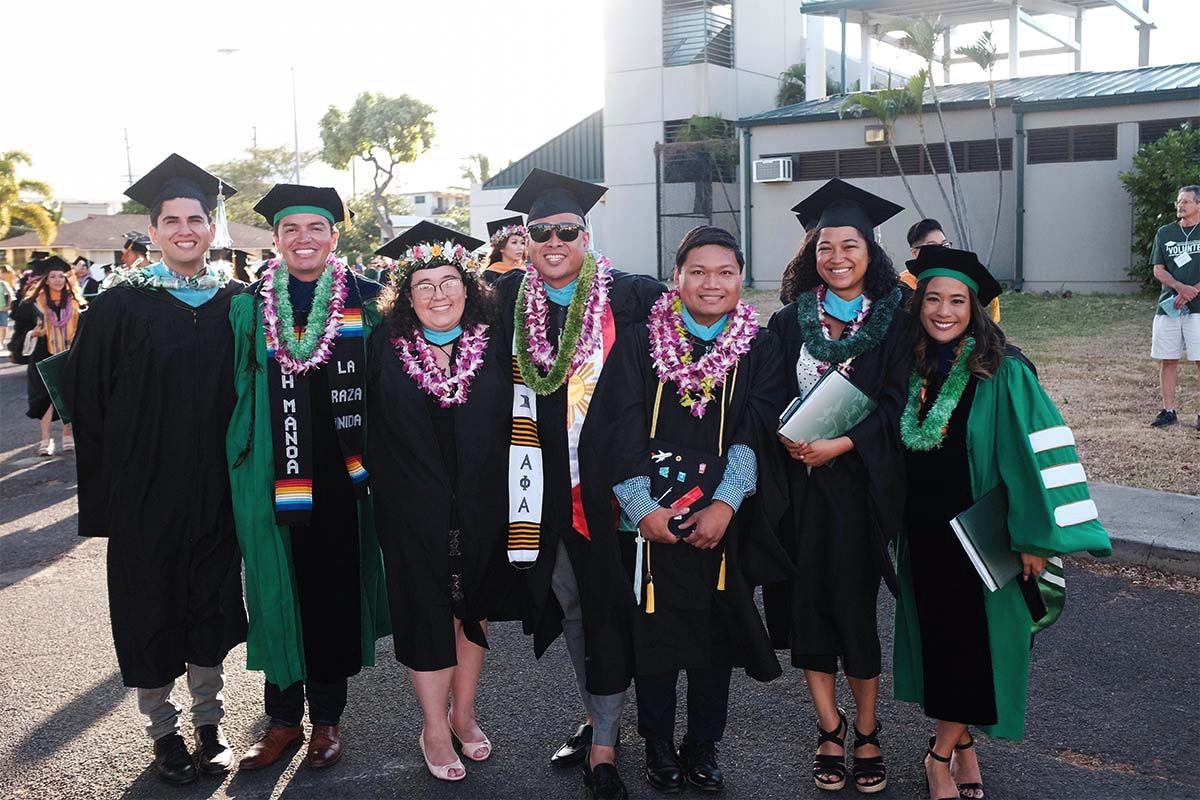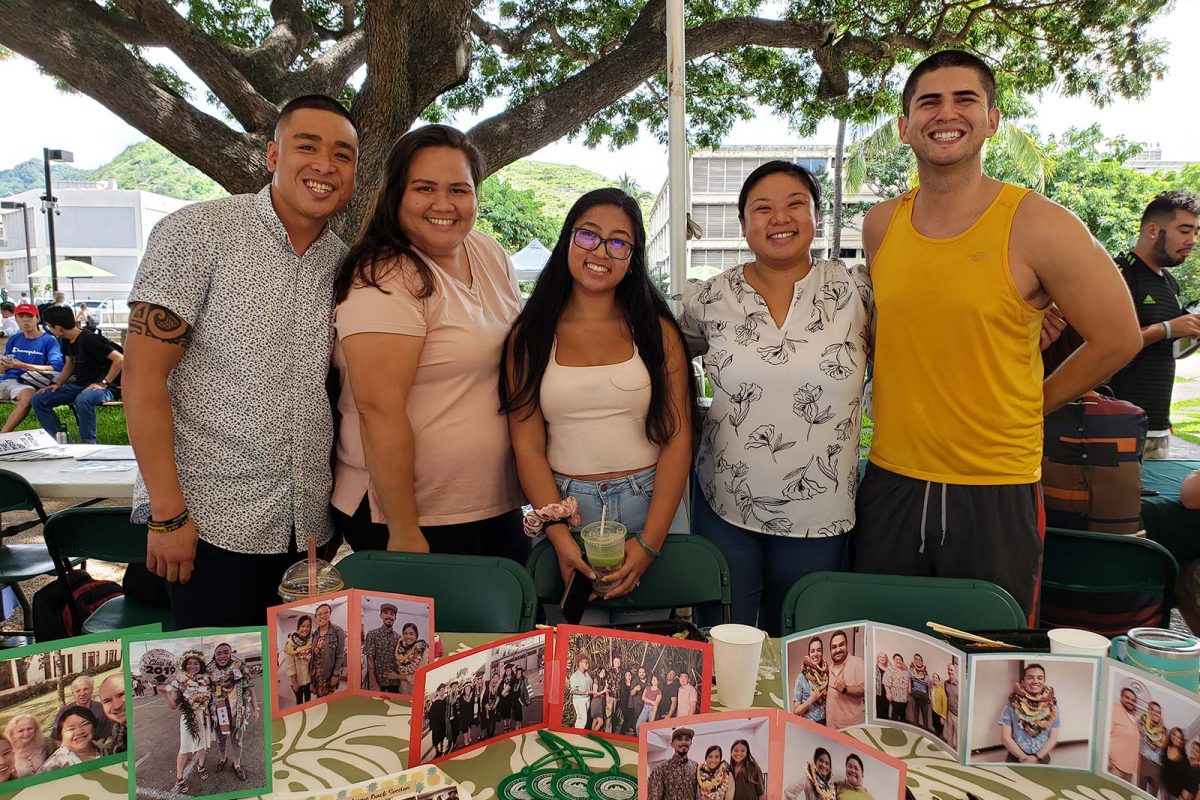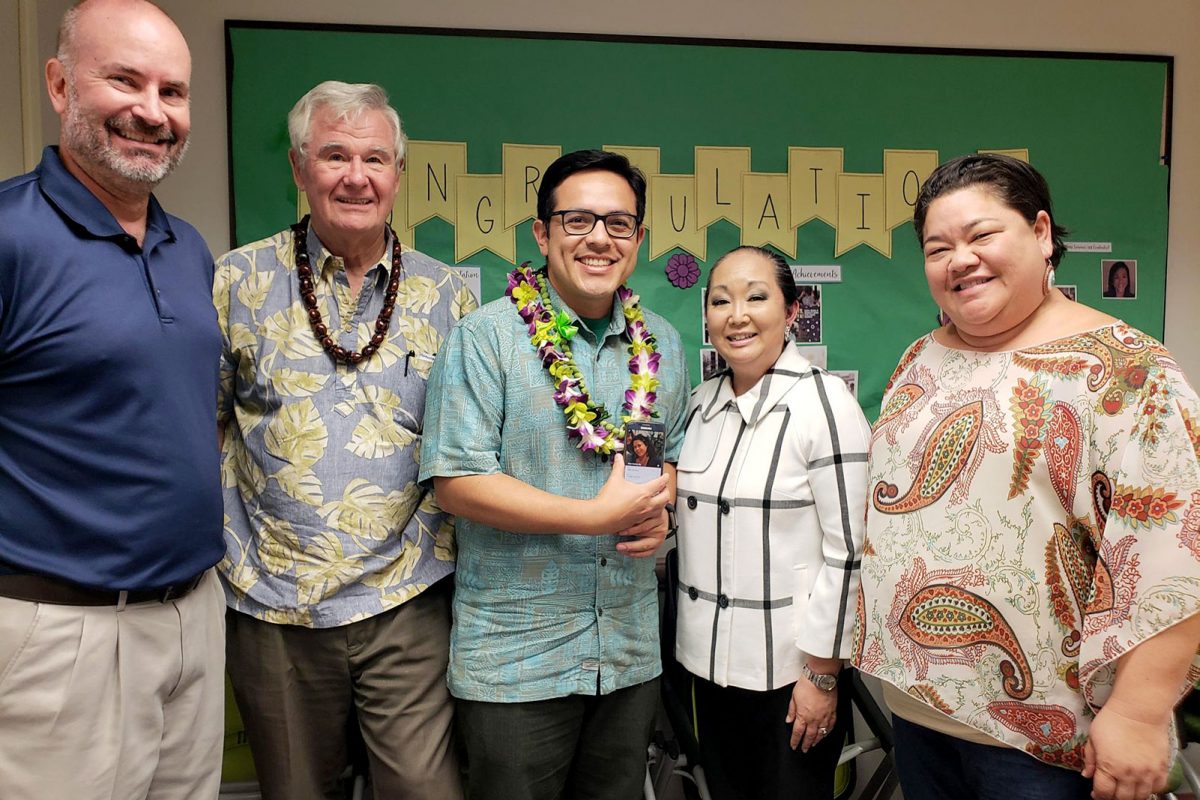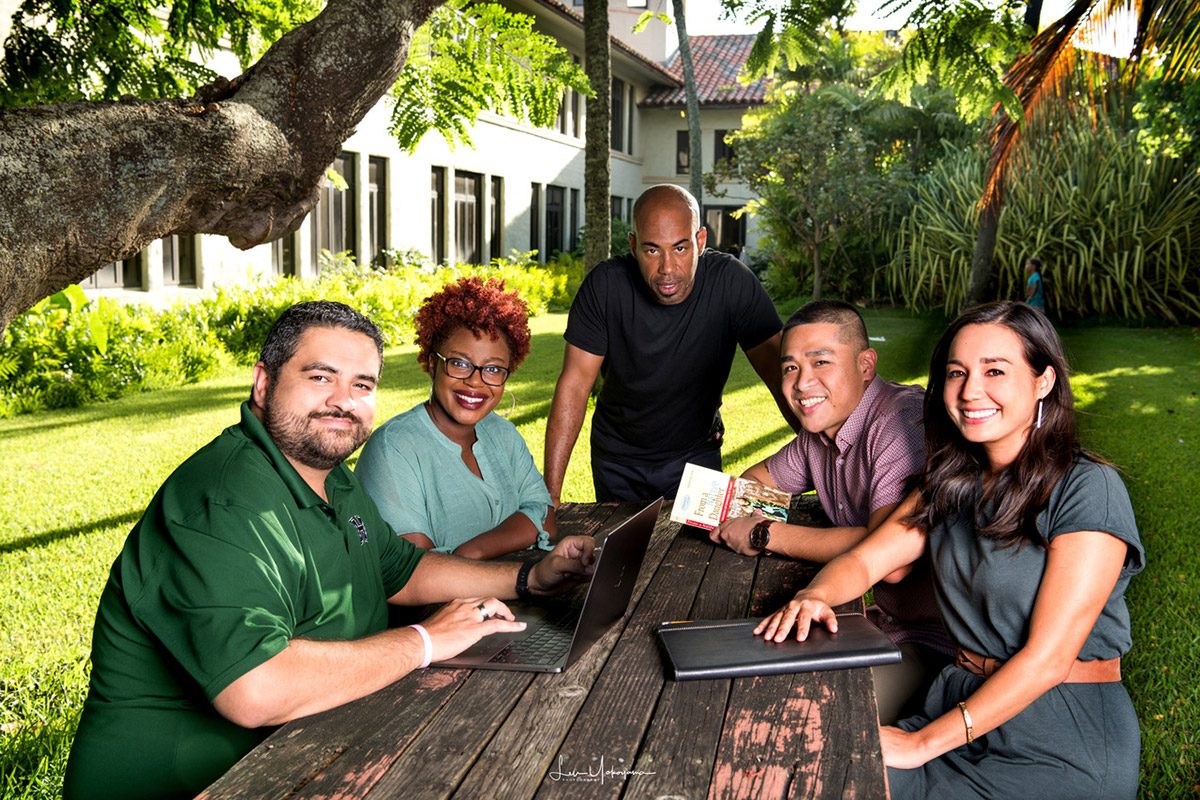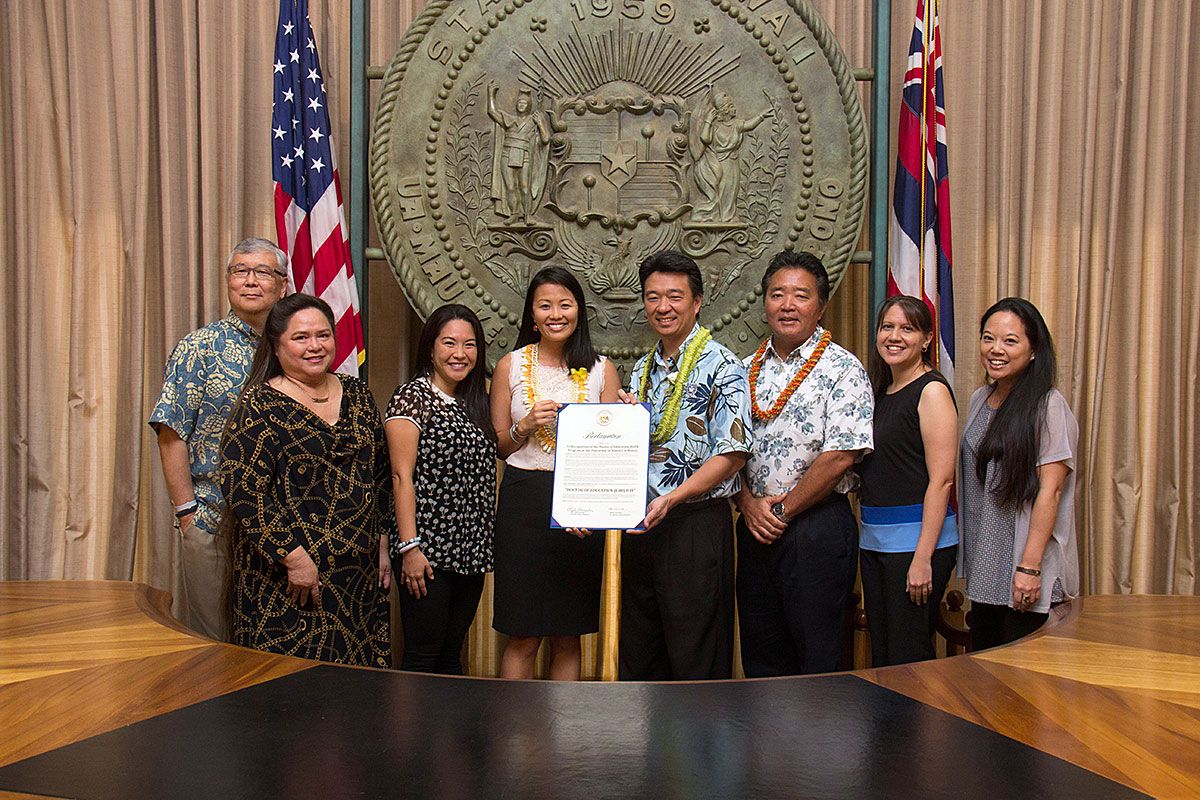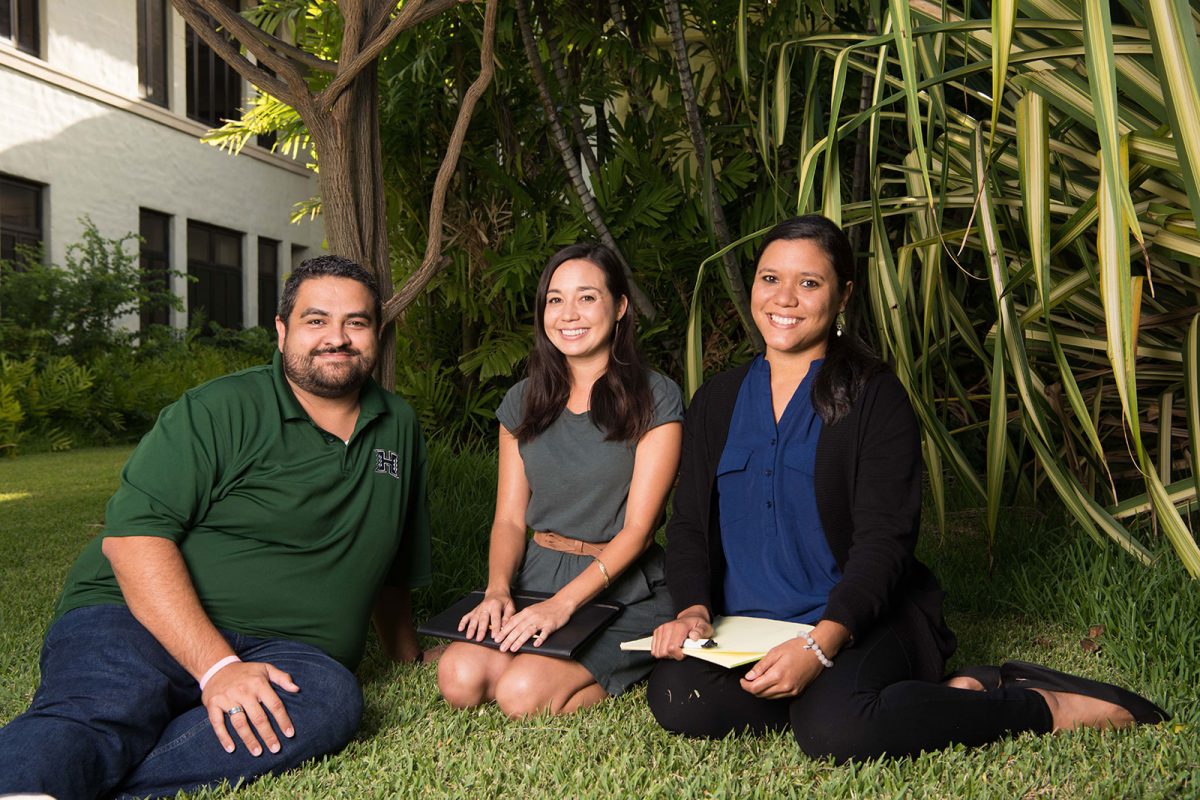Developing Future Leaders
The University of Hawai‘i at Mānoa (UHM) College of Education (COE) Department of Educational Administration (EDEA) helps develop future leaders in K-12 and postsecondary education. EDEA guides highly qualified professionals through its higher education leadership programs fostering growth and transformation within individuals and organizations. EDEA graduates serve in a variety of educational leadership roles in K-12 and higher education, locally, nationally, and internationally. Our focus provides students with opportunities to explore issues of national and international importance and to specialize in their areas of professional interest.
Mission Statement
The graduate program in Educational Administration is intended to facilitate leadership in educational organizations by developing a pool of highly qualified professionals who serve the State of Hawaiʻi, the nation, and Pacific Region. The program develops leaders who conduct and apply research, utilize reflection and inquiry, develop and implement policy within a collaborative context, all of which fosters growth and transformation within individuals and organizations.

The graduate program in Educational Administration is intended to facilitate leadership in educational organizations by developing a pool of highly qualified professionals who serve the State of Hawaii, the nation, and Pacific Region. The program develops leaders who conduct and apply research, utilize reflection and inquiry, develop and implement policy within a collaborative context, all of which fosters growth and transformation within individuals and organizations.
Program Objectives
The EDEA program develops educational leaders who:
- Understand the organizational life and the dynamics of change processes by examining trends, traditions, theory and policy of institutions in order to improve practice.
- Understand and articulate the moral/ethical, political, collaborative and curricular dimensions of administrative roles within various contexts.
- Have a well-developed analytic capacity that is informed by theory, research, and practice to solve problems and generate policy.
- Apply knowledge and skills to changing organization contexts impacted by social, political, economic, community-based, and technological forces in order to foster the growth and development of the organization and its members.

Student Testimonials

